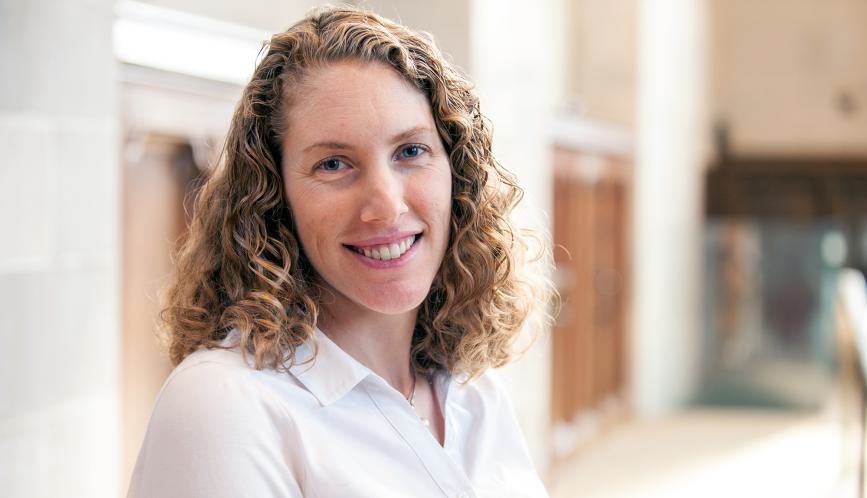HI network member Katherine Amato is an Assistant Professor in the Anthropology Department at Northwestern University. She is a biological anthropologist who studies the gut microbiota in the broad context of host ecology and evolution. She is particularly interested in understanding how changes in the gut microbiota impact human nutrition and health in populations around the world, especially those with limited access to nutritional resources. Trained as field primatologist, her perspectives on physiology, plasticity, and fitness in wild primates inform her research on human-gut microbe interactions. Her current research focuses on microbial contributions to host nutrition during periods of reduced food availability or increased nutritional demands, as well as microbial influences on brain growth. Amato is an Azrieli Global Scholar for the Canadian Institute for Advanced Research's 'Humans and the Microbiome' program and an Associate Editor for the journal Microbiome. She obtained her B.A. in Biology from Dartmouth College and earned her Ph.D. in Ecology, Evolution, and Conservation from the University of Illinois at Urbana-Champaign in 2013.
Describe your area of study and how it relates to current policy discussions surrounding inequality.
I study the community of microbes in the large intestine —the gut microbiome. The gut microbiome affects our nutrition, immune function, and behavior and is strongly influenced by environmental factors such as birth mode, diet, social interactions, outdoor exposure, and antibiotic use. Since many of these factors have been associated with health disparities, a better understanding of host-gut microbe interactions has the potential to inform our understanding of the establishment and maintenance of health disparities. By determining which gut microbes contribute to which host physiological traits, and how environmental factors influence these microbes, we can identify the environmental factors that are most likely to affect our health via the gut microbiome. This information can then guide policy discussions toward the areas of greatest impact for reducing health disparities. My research is specifically focused on understanding the consequences of host-gut microbe interactions on host metabolism and, ultimately, conditions such as malnutrition, growth stunting, obesity, and diabetes. For example, I am interested in how gut microbial traits can help people survive acute periods of food shortage and whether the same gut microbial traits may increase susceptibility to metabolic disease in the context of long-term patterns of food-insecurity.
What areas in the study of inequality are most in need of new research?
The gut microbiome represents a previously unexplored mechanism by which people’s environments can affect their health. These processes are relevant throughout life, but the potential for early life environments to impact health in adulthood as well as the possibility of intergenerational effects (due to transfer of microbial communities from mothers to infants) is great. Taking advantage of new methods for describing gut microbiomes to address existing questions in the field of health disparities has the potential to rapidly advance the field. There are many gaps in our understanding of host-gut microbe interactions that must be addressed before we can effectively integrate this research into policy.
What advice do you have for emerging scholars in your field?
Don’t be afraid of interdisciplinary research. While institutional structures don’t always support this type of research, it allows us to address a wider variety of interesting, policy-relevant questions. Microbiome research provides some wonderful examples of this approach, but it can always be improved. The more perspectives we integrate into basic research, the easier it should be to use research to implement policy change in a range of contexts.



